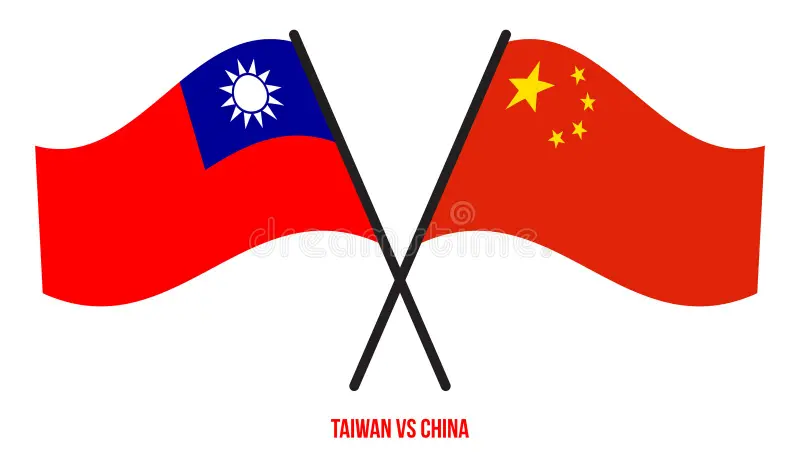by Martin Haffner Associate Editor
In a bold and unprecedented move, the Chinese government has initiated a comprehensive campaign aimed at reshaping global perceptions of Taiwan and intensifying its diplomatic efforts to isolate the self-governing island. This multifaceted strategy includes a mix of social media campaigns, targeted diplomacy, and economic incentives designed to sow discord and promote the narrative of Taiwan as a renegade province.
The campaign, which was officially unveiled at a press conference in Beijing, highlights a series of initiatives aimed at portraying Taiwan as a disruptive force in the Asia-Pacific region. Central to this strategy is the use of social media platforms to amplify narratives that paint Taiwan’s leadership as irresponsible and destabilizing. Official Chinese accounts have ramped up their dissemination of content that portrays Taiwan’s independence aspirations as a threat to regional stability, appealing to nationalist sentiment both domestically and internationally.
China’s Ministry of Foreign Affairs announced a series of diplomatic overtures aimed at countries that have formal or informal ties with Taiwan. High-level officials have reached out to several nations, urging them to reconsider their support for Taiwan in light of increased tensions in the region. This push for diplomatic isolation comes as Taiwan continues to strengthen its international ties, including recent arms deals and agreements with the United States and allies in the Indo-Pacific.
In addition to diplomatic efforts, China is leveraging its economic clout by offering trade incentives to countries that align more closely with its position on Taiwan. Reports indicate that several nations are considering economic concessions from China, including increased access to Chinese markets, as they evaluate their relationships with Taipei.
“The strategy isn’t just to combat Taiwanese assertions of independence but to build a more favorable international landscape for China’s claims,” said Dr. Mei Lin, a Beijing-based geopolitical analyst. “By fostering dependencies, China hopes to sway nations quietly while also strengthening its narrative.”
Critics of the campaign have denounced the efforts as coercive and misleading. “China’s tactics are reminiscent of cold war-style propaganda,” stated Edward Chen, a political scientist in Taipei. “Rather than fostering genuine dialogue, this campaign seeks to suppress the voices of those advocating for Taiwan’s sovereignty and democracy.”
Internationally, reactions have been mixed. Some countries remain steadfast in their support for Taiwan, emphasizing its democratic values and economic contributions. However, espionage risks and economic interdependencies complicate the matter, and several nations are finding themselves navigating treacherous diplomatic waters as they balance between affirming Taiwan’s role in the international community and maintaining ties with China.
As the campaign unfolds, Taiwan has ramped up its own countermeasures, including a renewed emphasis on bolstering its international presence, advocating for its participation in global organizations, and promoting its democratic values. President Tsai Ing-wen was quick to condemn China’s efforts, stating, “We will not be intimidated. Taiwan is an integral part of the global community, and we will not waver in our commitment to democracy and our sovereignty.”
As citizens and leaders around the world watch closely, the outcome of this stunning campaign may significantly influence the future dynamics of the Asia-Pacific region and the ongoing struggle for Taiwan’s recognition on the global stage.



